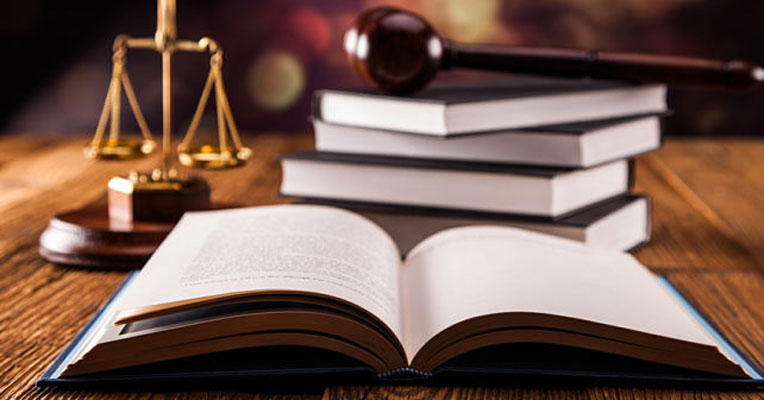When you receive a ticket, you have the option to contest it to potentially avoid paying a fine and accumulating demerit points on your driving record. To contest a ticket successfully, you need to present a valid defence during an out-of-court negotiation or a trial. Various defences can lead to an acquittal, and here are a few examples.
The necessity defence
The defence of necessity can be invoked under the following conditions:
- An urgent and clearly imminent danger must exist;
- There is no reasonable and legal alternative to breaking the law;
- The harm caused must not be excessive compared to the harm being avoided.
It is the prosecution’s responsibility to refute this defence and prove, beyond a reasonable doubt, that the accused acted willingly. For instance, consider a doctor who is on call and the only surgeon capable of performing emergency surgery on a child. If there are no other viable options to address the emergency, and the doctor’s urgent response is essential, the necessity defence may be applied to secure an acquittal.
The impossibility defence
The defence of impossibility places the burden on the defendant to demonstrate that committing the offence was unavoidable. The defendant is not burdened with proving guilt but with presenting evidence. To establish this defence, three conditions must be satisfied, and it falls upon the prosecution to refute them beyond a reasonable doubt:
- The defendant must not have contributed to the occurrence of an uncontrollable event (an external, irresistible, and unforeseeable situation).
- The defendant must have made every reasonable effort to comply with the law.
- Any reasonable person in a similar situation would have acted similarly.
For instance, consider a scenario where an individual fails to stop at a sign because a school bus obstructed their view of the sign at that intersection. In such a case, the impossibility defence may be applicable, as all three conditions would be met.
The due diligence defence
The defence of due diligence is applicable when the defendant can establish that they took all necessary and reasonable precautions to prevent the specific event from occurring. They must show that they were not negligent in any way and that a reasonable person, placed in the same circumstances, would have acted similarly.
The reasonable mistake of fact defence
To successfully utilize the defence of reasonable mistake of fact, the defendant must demonstrate that they had a reasonable belief in a fact that, if it were true, would have made their action or omission innocent. The defendant must establish the reasonable error of fact by a preponderance of the evidence, with two key elements:
- A factual mistake;
- Its reasonableness.
The first element is subjective and requires a genuine misunderstanding on the part of the defendant. They must prove that they made reasonable efforts to ascertain the true circumstances. The second element is objective and evaluates the reasonableness of the error using the standard of a reasonable person.
Imagine a driver who is pulled over by the police for speeding. The driver genuinely believed that the speed limit on that particular road was 65 km/h because they misread a faded or obscured speed limit sign. In reality, the speed limit was 50 km/h. The driver can argue that they made a reasonable mistake of fact regarding the speed limit, as the sign was not clearly visible. If they can convince the court that their belief was reasonable given the circumstances, they may be acquitted based on the defence of reasonable mistake of fact.
Evaluating contradictory versions in court
When a judge is confronted with conflicting testimonies, they must adhere to the following criteria in their decision-making process:
- If the judge believes the accused, they must acquit them.
- If the judge does not believe the accused but has a reasonable doubt, they must acquit them.
- The judge must then evaluate whether, based on all the evidence the court accepts, they are convinced beyond a reasonable doubt of the accused’s guilt.
In cases involving contradictory versions, the credibility of the defendant plays a crucial role. If the defendant appears credible, and if any doubt remains in the judge’s mind, they must acquit the accused.
There are various defences available to fight a traffic ticket, but the applicability of these defences may be contingent on specific circumstances. Those facing prosecution can seek acquittal by invoking one of these recognized means of defence.
What to do if you receive a traffic ticket
MTL Ticket has a team of seasoned traffic lawyers with extensive expertise in the realm of traffic violations. Get in touch with us immediately upon receiving a ticket. Our dedicated professionals are well-equipped to provide expert guidance and representation when contesting charges under the Highway Safety Code.







